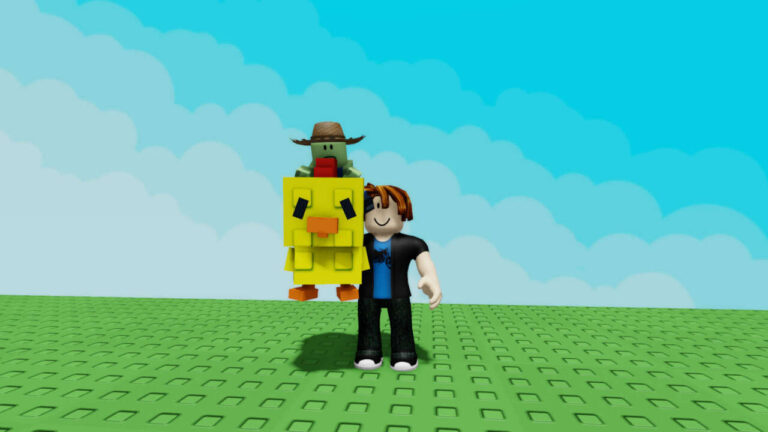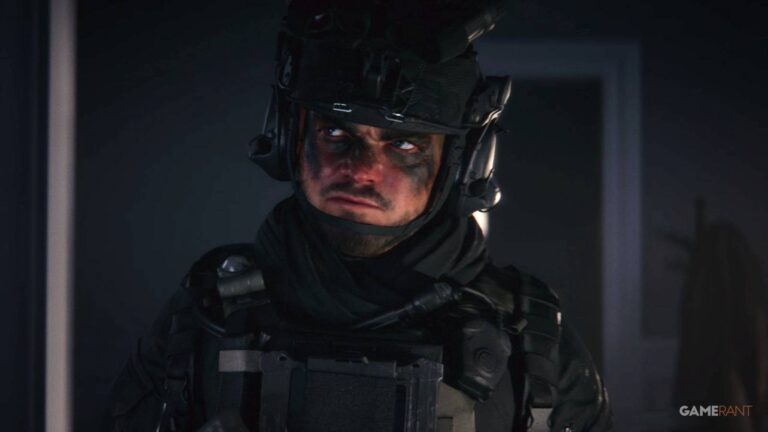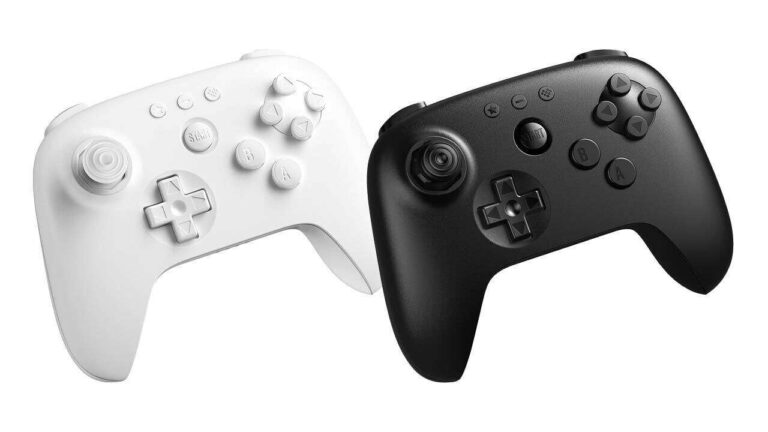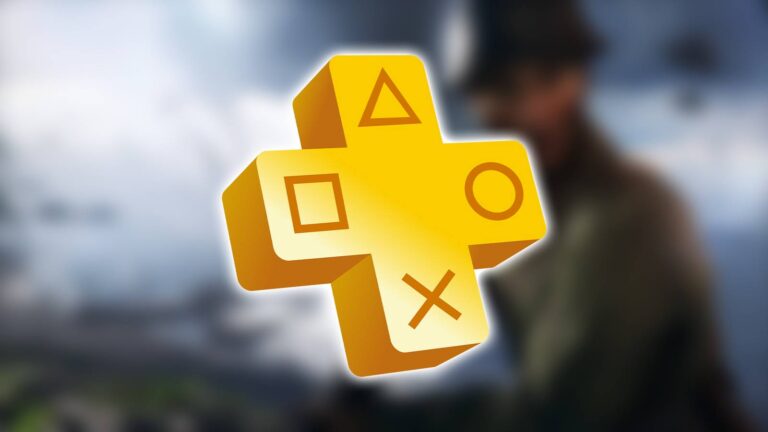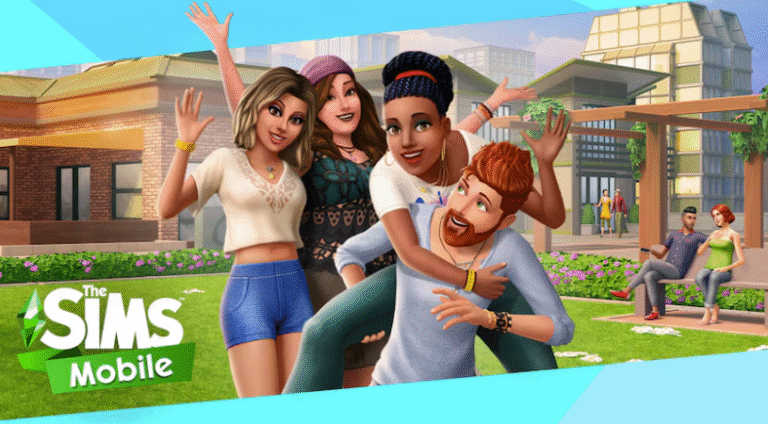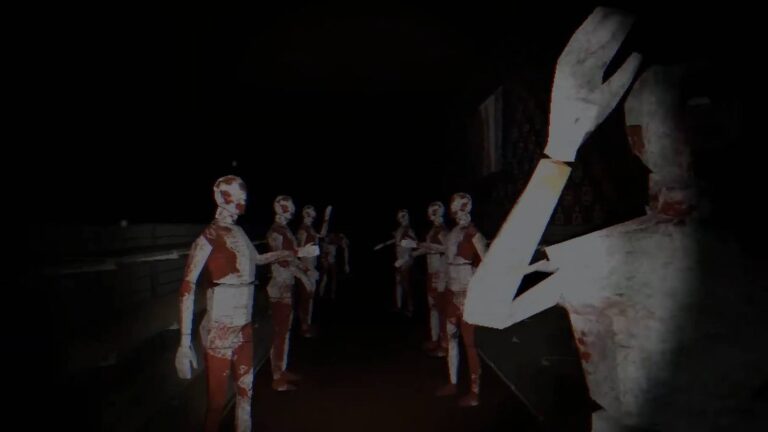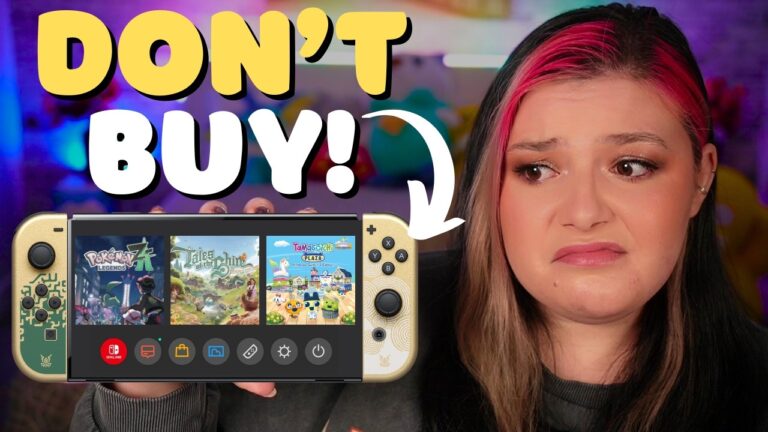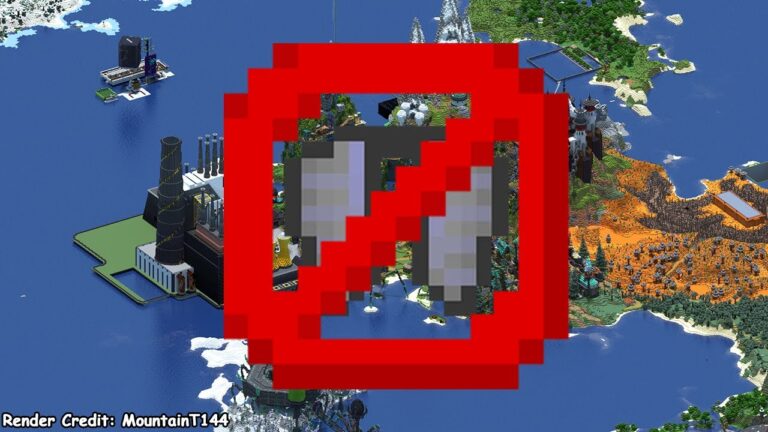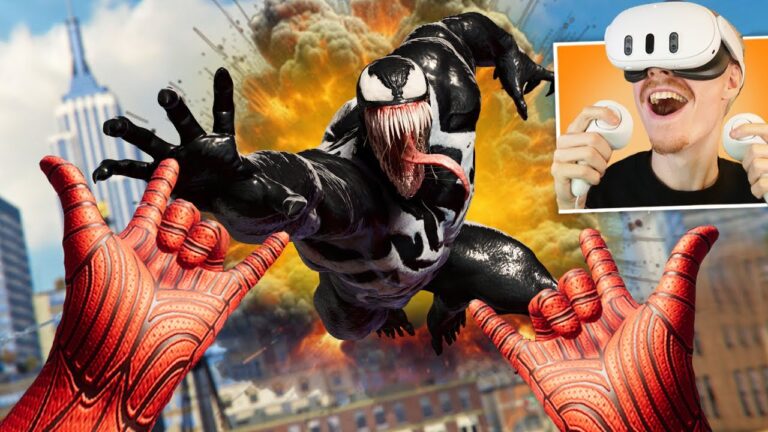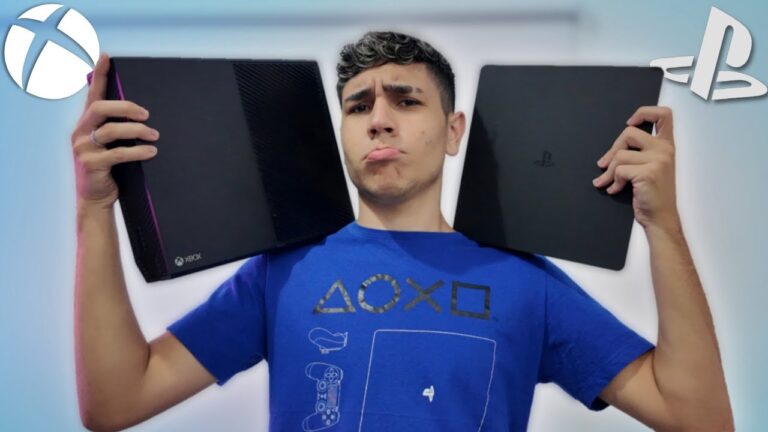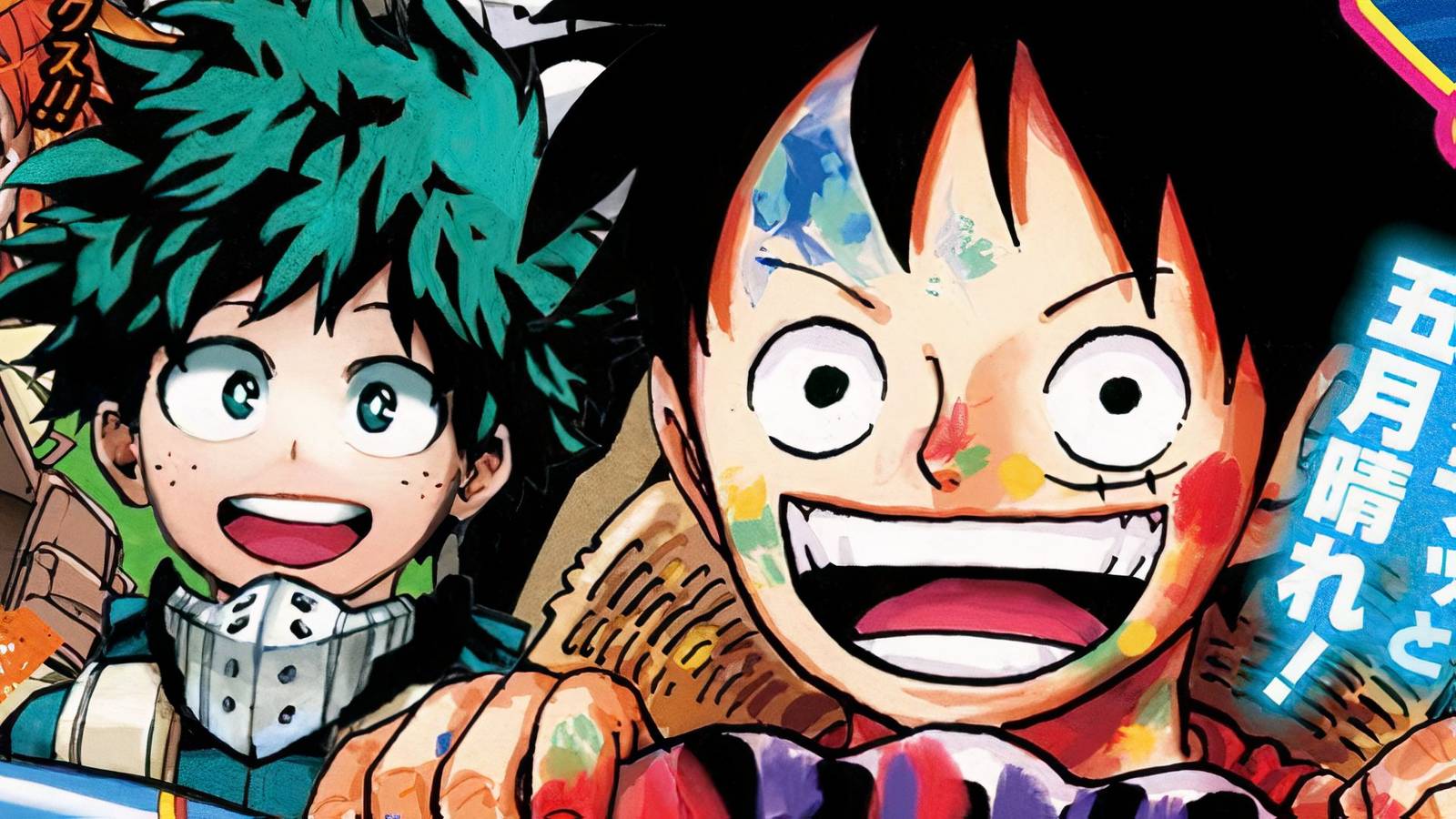
Considering that One Piece has been running since the late 1990s, it means many manga authors who have made a name for themselves in recent years had likely grown up reading this popular story when they were still up and coming, and Kohei Horikoshi is no different. Though the talented author of My Hero Academia clearly has his own style and aesthetic that sets his series apart from other shonen manga, he has still been willing to admit that there are a few aspects of Oda’s long-running masterpiece which he borrowed when planning out Deku’s journey.
When it comes to characters, clearly, both authors have opted for wildly different art styles, but the personalities of their cast are actually a lot more similar than some fans may think, and this is a topic that Horikoshi has dug a little deeper into during a sit-down interview. Here is what Horikoshi said about how characters like Luffy from One Piece have influenced his own series, and how this ended up affecting how he wrote Deku for My Hero Academia.
Horikoshi Was Impressed By How “Natural” One Piece Characters Are
They Always Say What’s On Their Minds, Without Any Filter
- Oda’s characters act and speak how they please
- This especially applies to the loud-mouthed Luffy, who heavily inspired Horikoshi
There’s a lot to love about the big and vibrant cast of One Piece characters, but one aspect that Horikoshi specifically picked out during a discussion between him and Oda was how “natural” they felt as people. According to the author of My Hero Academia, a big aspect of One Piece that heavily influenced him when he started creating his own story was how the characters were never afraid to say what’s on their mind, and, of course, there’s no bigger example than this than the main protagonist himself, Monkey D. Luffy.
“How do I put this…I was influenced by how the characters just say what’s on their mind. It all feels very natural” – Kohei Horikoshi
Unlike many other shonen protagonists who often come across as a lot more reserved, stoic, and secretive, Luffy couldn’t be any more different. This plucky pirate captain is as over-the-top and exuberant as a protagonist can be, and as a result, he pretty much has no filter to speak of and is willing to say anything that enters his mind, even if it might be considered a little crude or out of place given the current circumstances.
Many manga authors will prefer to keep their protagonists tight-lipped for a while so they don’t give away too much crucial information too soon, but Luffy is more than happy to tell the audience about his dreams, his underlying emotions, and even which pirate or Marine he wants to take down next. However, while this aspect of Oda’s character has proved to be a big source of inspiration for Horikoshi, it actually wasn’t accepted all that much by the industry when Oda first started writing.
Luffy Was Seen As A Disgrace In The Early Years Of One Piece
Oda Wanted To Go Against Manga Tradition At The Time
- Oda was obsessed with counter culture in the early years of One Piece
- He wanted to prove One Piece was more than a series with a fun art style
- His rebellious writing style paid off in the end
Luffy may now be considered one of the most beloved protagonists in anime and manga, but according to Oda, this was actually far from the case when the series first began serialization. While Horikoshi may have praised Oda’s ability to create characters that felt realistic and natural because of how they behaved, Oda responded by saying that this was actually looked down upon when One Piece began. In fact, he even comments that Luffy was seen as disgraceful by onlookers, which does make sense when considering the young boy has a very hard time restraining himself any time he gets overly excited or ambitious, which may have been seen as a bad example for kids at the time.
“But in the era when I was first serialized, things were different. Characters who said whatever they were thinking, like Luffy, were seen as disgraceful” – Eiichiro Oda
Interestingly though, Horikoshi responds by saying that every manga author from his own generation now writes their characters in a similar way to Oda. Clearly, times have changed quite a lot, and according to Oda, the reason he made Luffy this way was because he was obsessed with counter culture, and wanted to try something new that would ensure One Piece stood out as a series that was much more than just its quirky art style.
Thankfully, though, Oda may have been taking a risk with creating these types of characters, but it ultimately paid off in the end when looking at how immensely popular this series has now become around the world. At the same time, it would also go on to influence a plethora of up-and-coming authors to create their own successful series, including Horikoshi, whose influence can be seen clearly through his characters.
Luffy And One Piece’s Influence On My Hero Academia Characters
Deku And The Students Feel Very Modern And Unique As A Cast
Though Deku may not be quite as outspoken as Luffy, he does still share the common tendency to speak and act without thinking first. This was actually shown in the very first chapter and episode of My Hero Academia when Deku threw himself towards a villain in order to save Bakugo, despite him standing no chance of defeating the hideous foe due to not having a Quirk at that time. While he may enjoy jumping into a fierce battle to protect others, just like the One Piece protagonist, there is another quirky way that Horikoshi has been able to implement a part of Luffy’s character into Deku.
Deku is someone who is utterly obsessed with having inner monologs anytime he encounters a new villain. While he therefore might not always be speaking out loud when conjuring up a new plan or strategy, you can bet that he’s got entire paragraphs of information running through his brain at one time to guide him when taking on a powerful villain. This small characteristic also feeds into the fact that Deku is a lot more reserved than Luffy, yet he still feels like a believable and natural character due to how willing he is to say what he’s truly thinking when it matters most.
While it does feel as though Horikoshi put a little bit more of a filter on Deku than Oda did with Luffy, it is still clear as day that the protagonist of One Piece had a big influence on Horikoshi when it was time for him to start producing his rough drafts. Therefore, while the two series may look vastly different from a visual perspective, the characters themselves share many common characteristics with one another, so it’s a good thing that Oda decided to rebel back in the late 90s with his series, as it has allowed plenty of modern manga authors to be a bit more wild and experimental with their own stories as a result.
- Release Date
-
April 2, 2016
- Network
-
TBS, MBS, Nippon TV
- Directors
-
Shouji Ikeno, Tsuyoshi Tobita, Ikuro Sato, Takudai Kakuchi, Masashi Abe, Tetsuya Miyanishi, Kazuma Komatsu, Yoshifumi Sasahara, Masayuki Otsuki, Daisuke Tsukushi, Takayuki Yamamoto, Yohei Fukui, Takuro Tsukada, Masatoyo Takada, Naomi Nakayama, Sayaka Morikawa, Takanori Yano
-

Daiki Yamashita
Izuku Midoriya (voice)
-

Kaito Ishikawa
Manga Fukidashi (voice)


